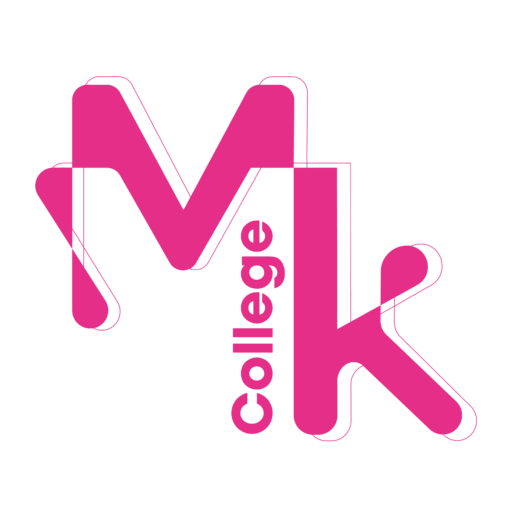How to Perfect Your Apprenticeship Application
You’ve decided you want to become an apprentice. You’ve got all the information and know what industry you want to get into. Now you’ve actually got to find, apply for, and secure your perfect apprenticeship.
Whether you’ve found an apprenticeship through our apprenticeship vacancies or by other means, the application process for an apprenticeship is very similar to that of a job application.
Before you begin filling out any application, there is some vital information you will need at hand. You’ll have to fill out all of your personal details, including your qualifications, including GCSE’s and A-Levels (if you have them). If you already have a CV or a previous job application, this will come in handy as you won’t need to dig out any old certificates or play 21 questions with your parents, you can just re-use the information.
You may also be asked for details of any work experience you may have done. This is your opportunity to showcase your dedication and enthusiasm for your chosen industry. Don’t forget that things like doing extra projects in College count as work experience, whether you’ve volunteered to help out with some filming in the media department, or assisted at an event. Make sure to relate your work experience back to the job description and role requirements.
You will also have to fill out some form of ‘About You’ section, which could consist of three-four questions along the lines of “What are your main strengths?”, “What qualities can you bring to our company?”, and could be required to write a general personal statement to support your application. This is your chance to show that you’re the right person for the job because you know what they want, and you have the skills they’re looking for – and you know that because you cared enough to do your research on their website! Make sure to include all of your skills, how you can apply them to the role, and don’t forget about your personal qualities, e.g. committed, passionate, creative. You could print out the job description and highlight/circle the buzzwords/key phrases to make sure you are consistent in referring back to the ad.
Julie Jeffery, Head of Employer Engagement at MK College, advises: “You must get someone else to read your application, no matter how sure of it you are. A new pair of eyes could make a huge difference, even when it comes to small, silly mistakes. If you’re not sure what to write about yourself, you could ask a teacher or a classmate the question and see what they have to say about you.”
If you want to set yourself apart, you could write your answers in a more advanced manner. Instead of saying “I have great communication skills”, you could write “giving a presentation to a class of 30 students and receiving fantastic feedback shows the confidence I have in talking to large groups of people”. Don’t forget that the people deciding who to give an interview to might be reading through hundreds of applications – so make yours stand out!
Quick tips:
- Make sure you know what you’re actually applying for. Even if you’re applying for a few different vacancies, take time to read the job description in depth.
- Research the company that’s advertising the role. Will you be able to get to the location ok? Have they got a good employability record? If you’re not sure you can check out review sites for employers, and find out what it’s like to work there beforehand. You could also do some research into who would be reading your application – sometimes a personal message is better than ‘dear sir/madam’.
- Grammar, spelling and punctuation can make or break your application. Read your application back once, twice, and then again – and then get someone else to check it so make sure you’ve made no errors. You will use basic English skills in all lines of work so it’s imperative you get off on the right foot.
- Be professional – it goes without saying but please don’t use Emoji’s – no matter how tempting. You may think it looks fun or will set you aside from other applicants, but it just comes across as unprofessional and will set you aside for all the wrong reasons.
- Refer back to the job description and role requirements throughout your application, showing your understanding of the role and what you can bring to the company.
- Make sure the e-mail address you use to apply is professional. Yourname@gmail.com is more likely to get an interview than catwoman95@msn.com is!
- Check your e-mail, including spam and junk folders. Some companies tend to use ‘recruiment@’ or ‘events@’ to reply to applications, meaning they could sometimes get filtered away from your inbox.
- Be aware that some employers may check up on you via social media before making a decision – so make sure that you would be comfortable with a professional looking at your profile!
